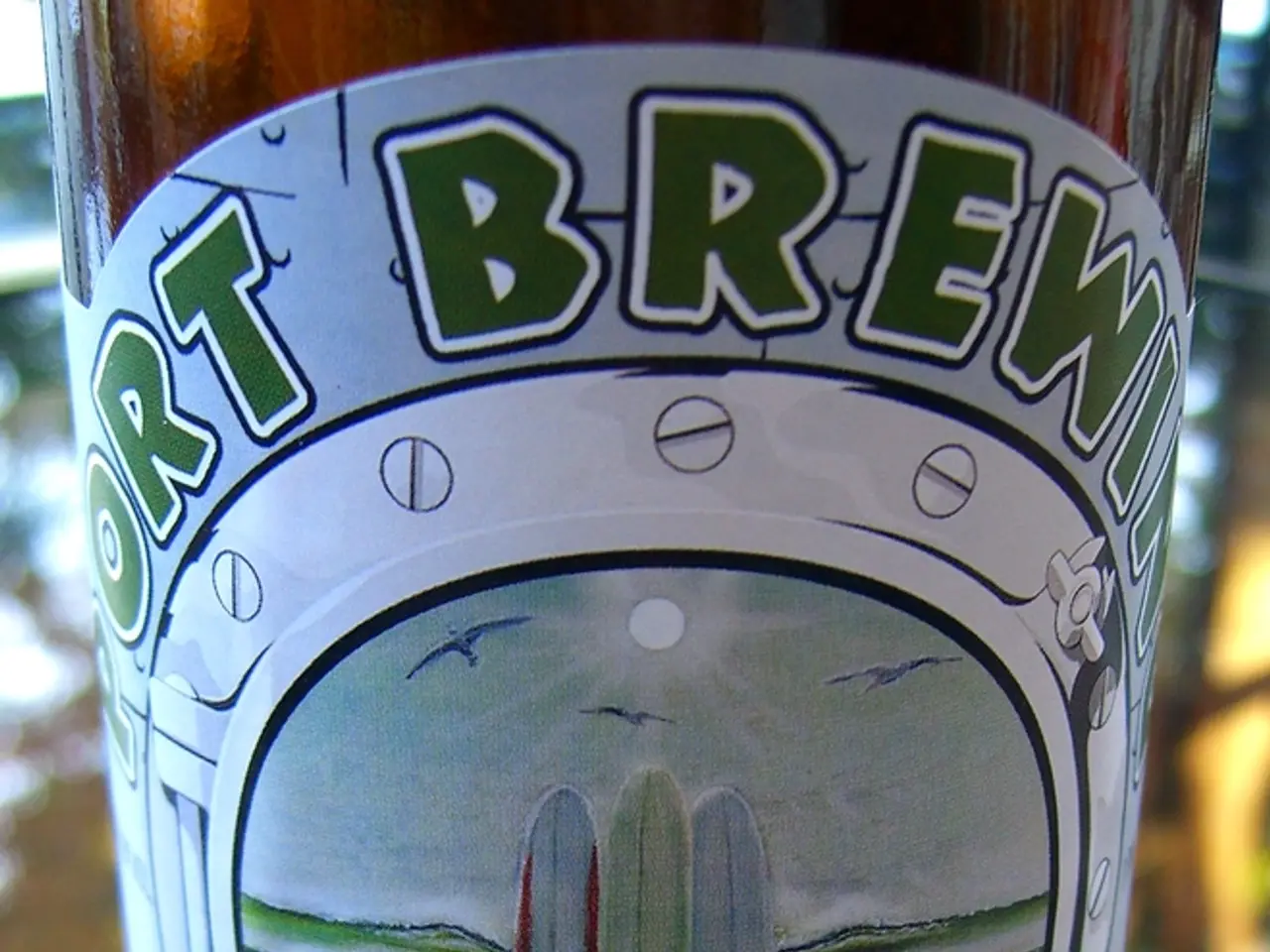Annual Dry January Phenomenon Boosts Non-Alcoholic Drink Producers' Optimism
The non-alcoholic beverage industry is capitalizing on the growing trend of consumers seeking cleaner alternatives to traditional alcoholic beverages. Four companies, including Dwayne Johnson and Dany Garcia's latest venture, ZOA, are focusing on marketing strategies for Dry January and beyond, with an emphasis on long-term customer retention.
During Dry January, these companies are leveraging storytelling and authentic cultural engagement to foster emotional connections. They share real consumer experiences and wellness benefits such as improved mental clarity and cost savings, positioning non-alcoholic options as a sustainable lifestyle choice rather than a temporary trend.
ZOA, the newest addition to Dwayne Johnson and Dany Garcia's product line, is an energy drink that caters to both sober-curious and reformed consumers. The company is investing in improving product quality, especially in terms of aromas and flavors, to overcome taste-related barriers and build repeat purchase behavior.
Segmenting audiences via data analytics helps these companies tailor limited edition offerings, loyalty programs, and pricing strategies aligned with consumer preferences, enhancing retention beyond Dry January. Influencer endorsements and social media content create an aspirational appeal around zero-proof lifestyles.
Continuous flavor innovation, such as functional ingredients in mocktails (adaptogens, probiotics), aligns with health and wellness trends prominent among Gen Z and Millennials. Overcoming price premium perceptions through consumer education about production efforts supports broader adoption, while expanding retail shelf presence and reducing reliance on direct-to-consumer shipping enhances impulse buys and discoverability.
The non-alcoholic beverage industry has seen growth and success due to the increasing interest in sober-curious and reformed consumers. In recent years, a significant number of near-beer manufacturers, booze-agnostic distilleries, and boutique-seltzer brands have emerged. As the pandemic continues, there is an increasing demand for cleaner alcohol alternatives that mimic the sensation of intoxication. These non-alcoholic beverage companies have benefited from people looking to dry out or augment their consumption.
The representatives from these companies are optimistic about their prospects, as indicated by their positive outlook. They see the focus on normalizing non-alcoholic consumption not just for Dry January but as an integrated part of a balanced, wellness-oriented beverage occasion, securing long-term loyalty. The industry is adapting to the changing consumer preferences, particularly during the pandemic, to meet this growing demand.
- pharma companies are delving into the business of non-alcoholic food-and-drink products, capitalizing on the growing interest in health-and-wellness.
- Marketing strategies for these products emphasize the benefits of improved mental clarity and cost savings, positioning them as a health-conscious lifestyle choice.
- Companies are investing in research and development of functional ingredients like adaptogens and probiotics to align with health and wellness trends.
- In the realm of marketing, these companies have partnered with influencers and leveraged social media content to create an aspirational appeal around the lifestyle of sobriety.




